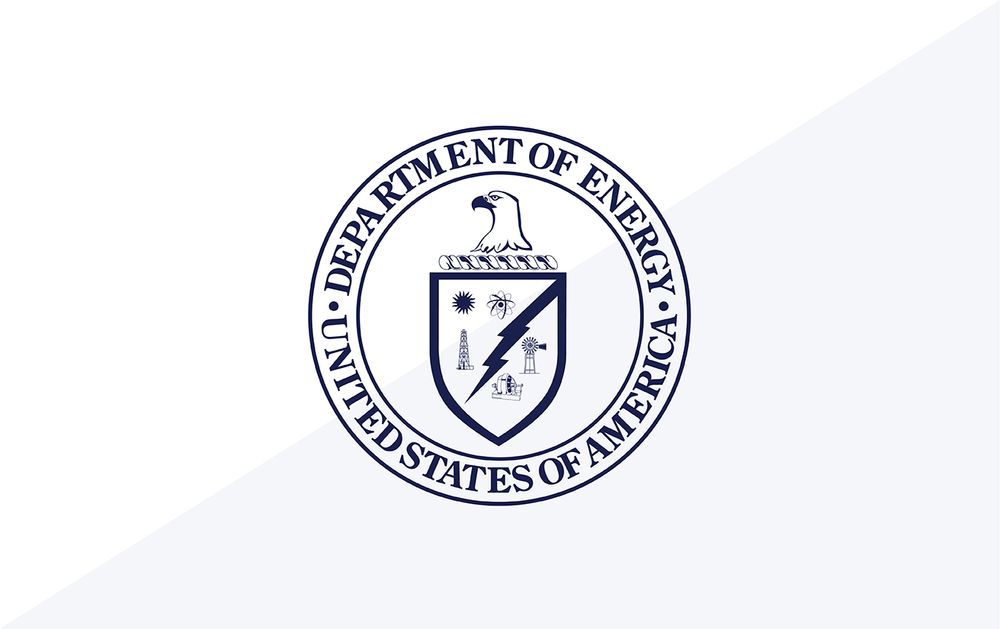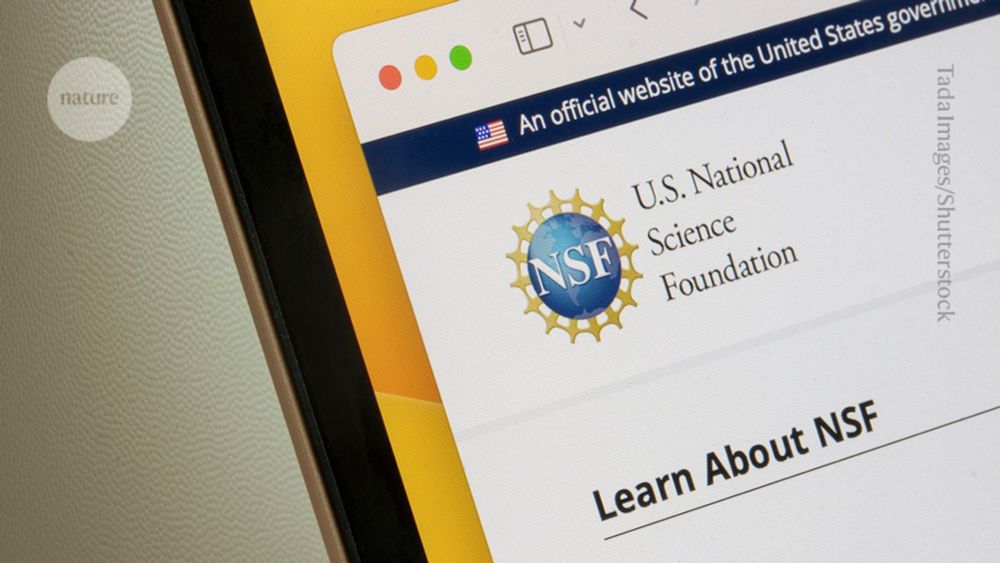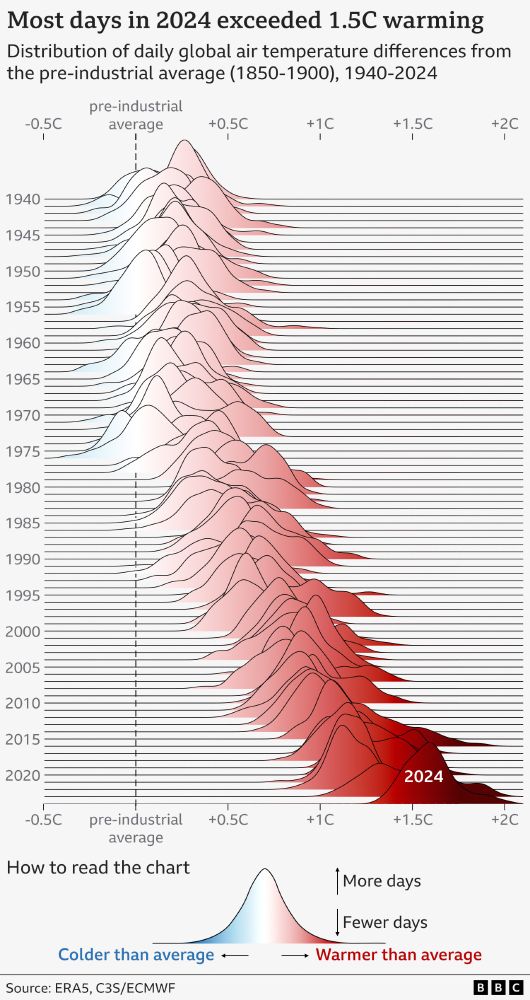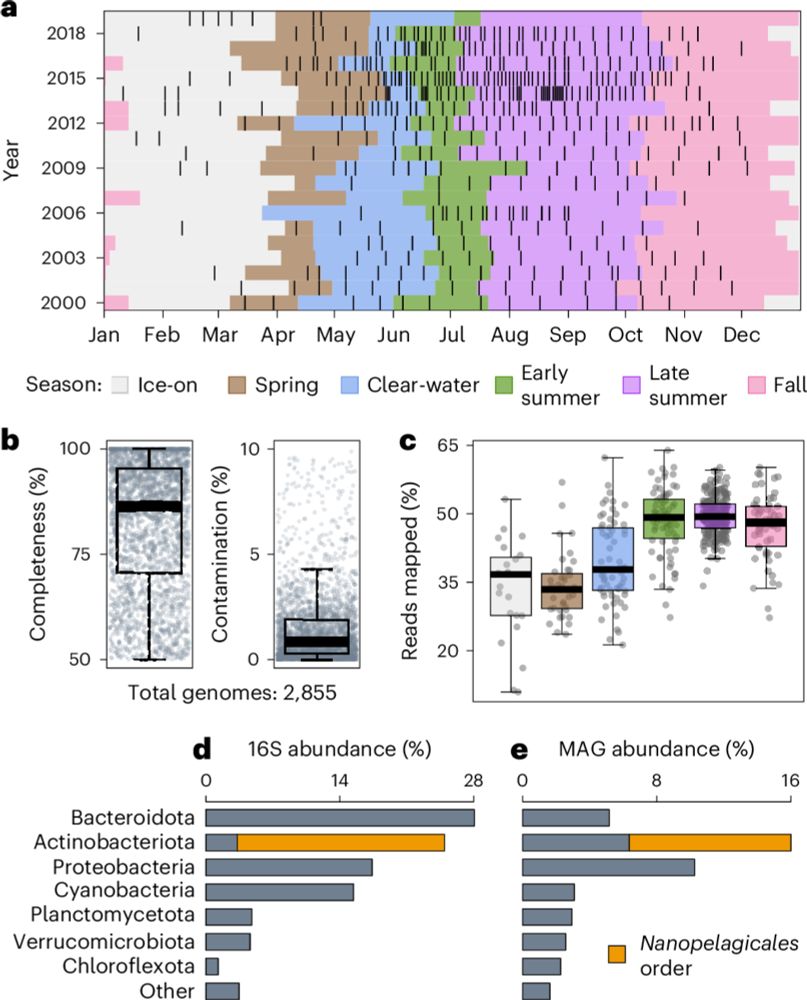
Agouron Geobiology Fellow @JohnsHopkins.
Enjoys long walks on the (ferruginous) beach.
🦠🔄🌎


🌎🦠🧪
I'm looking for a postdoc to join my group at #McGill and happy to sponsor applicants for the TSI fellowship.
Please reach out if interested!
academicjobsonline.org/ajo/jobs/30777
🌎🦠🧪
I'm looking for a postdoc to join my group at #McGill and happy to sponsor applicants for the TSI fellowship.
Please reach out if interested!
academicjobsonline.org/ajo/jobs/30777
We trace the evolution of microbial exoenzymes and uncover their role in Earth’s oxygenation. By recycling nutrients, exoenzymes helped fuel cyanobacteria and set off feedbacks that sustained the long-term rise of O₂.
#MicroSky 🧪 🦠 🌎
www.biorxiv.org/content/10.1...

We trace the evolution of microbial exoenzymes and uncover their role in Earth’s oxygenation. By recycling nutrients, exoenzymes helped fuel cyanobacteria and set off feedbacks that sustained the long-term rise of O₂.
#MicroSky 🧪 🦠 🌎
www.biorxiv.org/content/10.1...





www.nature.com/articles/d41...

www.nature.com/articles/d41...
A signal of our thoughtlessness that could last until the ocean floor itself is subducted.
The deep sea abyssal plains of the Pacific have existed basically unchanged for roughly 80 million years. Over a period of just a couple of weeks in 1979, we changed it during an experimental mining operation.
www.nhm.ac.uk/discover/new...

A signal of our thoughtlessness that could last until the ocean floor itself is subducted.
Isolation of two strains belonging to the order proposed as FECA’s closest relative, ‘Hodarchaeales’, as members of a pure co- and tri-culture with methanogenic partners.
www.biorxiv.org/content/10.1...

Isolation of two strains belonging to the order proposed as FECA’s closest relative, ‘Hodarchaeales’, as members of a pure co- and tri-culture with methanogenic partners.
www.biorxiv.org/content/10.1...


@KensukeTadome (not on 🔵bsky) on Aug 10, 2023:
"Cross section of 𝘙𝘶𝘴𝘢𝘷𝘴𝘬𝘪𝘢 𝘦𝘭𝘦𝘨𝘢𝘯𝘴 🧐 As you can see, lichens are a symbiotic relationship between algae and fungi. The algae sparkle and are beautiful ☺️✨"
#SymbioSky #Lichen

@KensukeTadome (not on 🔵bsky) on Aug 10, 2023:
"Cross section of 𝘙𝘶𝘴𝘢𝘷𝘴𝘬𝘪𝘢 𝘦𝘭𝘦𝘨𝘢𝘯𝘴 🧐 As you can see, lichens are a symbiotic relationship between algae and fungi. The algae sparkle and are beautiful ☺️✨"
#SymbioSky #Lichen
If you work with any form of metagenomics/genomics data, and are for open access and FAIR data policies...Please consider making ALL your data public (genomes, proteins, reads, metadata).
If you work with any form of metagenomics/genomics data, and are for open access and FAIR data policies...Please consider making ALL your data public (genomes, proteins, reads, metadata).

We used a ridgeline (Joy Division inspired) chart to visualise daily temperature anomalies since 1940.
2024 clearly stands out with 100% of its days above 1.3C and 75% above 1.5C.

We used a ridgeline (Joy Division inspired) chart to visualise daily temperature anomalies since 1940.
2024 clearly stands out with 100% of its days above 1.3C and 75% above 1.5C.
rdcu.be/d5put
A thread…

rdcu.be/d5put
A thread…

The Mid-Atlantic #Geobiology Symposium will be Friday, February 28, 2025 at Johns Hopkins. See you then! 🧪🦠🌎🪱 www.midatlanticgeobiologysymposium.org
The Mid-Atlantic #Geobiology Symposium will be Friday, February 28, 2025 at Johns Hopkins. See you then! 🧪🦠🌎🪱 www.midatlanticgeobiologysymposium.org

